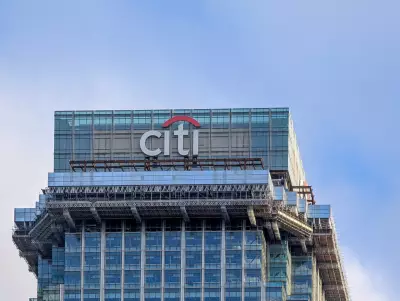
London's elite law firms are undergoing a significant transformation in their partnership structures, with new data revealing a dramatic increase in non-equity partner promotions across the City's legal landscape.
A Changing Partnership Model
The traditional path to equity partnership is being reshaped as leading firms including Allen & Overy, Clifford Chance, and Linklaters have promoted substantial numbers to non-equity positions. This strategic move allows firms to reward top talent while maintaining financial flexibility in an increasingly competitive market.
The Numbers Tell the Story
Analysis of recent promotion rounds shows striking figures: Allen & Overy elevated 37 lawyers to its partnership, with 23 occupying non-equity positions. Similarly, Clifford Chance's recent round saw 17 of 29 new partners taking non-equity roles. This pattern extends across the Magic Circle and beyond, with Linklaters, Freshfields, and Slaughter and May all following suit.
Why the Shift Matters
This trend represents more than just title changes—it reflects fundamental shifts in how law firms operate:
- Financial Management: Non-equity partners receive salaries rather than profit shares, providing firms with greater cost certainty
- Talent Retention: Offering partnership status helps retain high-performing lawyers who might otherwise seek opportunities elsewhere
- Strategic Flexibility: Firms can build specialist teams without the financial commitment of full equity partnerships
The Broader Legal Landscape
This movement isn't confined to the Magic Circle. International firms with significant London presence, such as Latham & Watkins and Kirkland & Ellis, have embraced similar models. Even traditionally conservative firms are adapting, recognising the need for more flexible career progression pathways.
The legal profession's evolution towards tiered partnership structures signals a maturation of the market and a more sophisticated approach to both talent management and business operations. As one industry observer noted, this represents the 'new normal' for ambitious lawyers climbing the career ladder in London's competitive legal scene.





